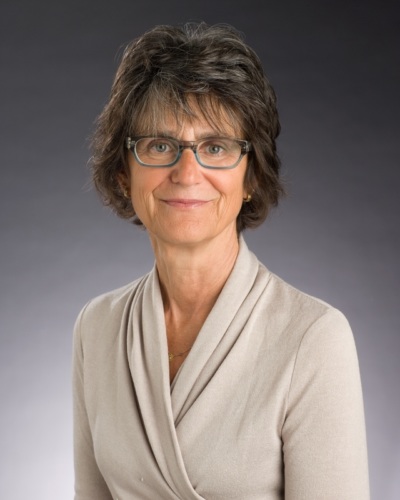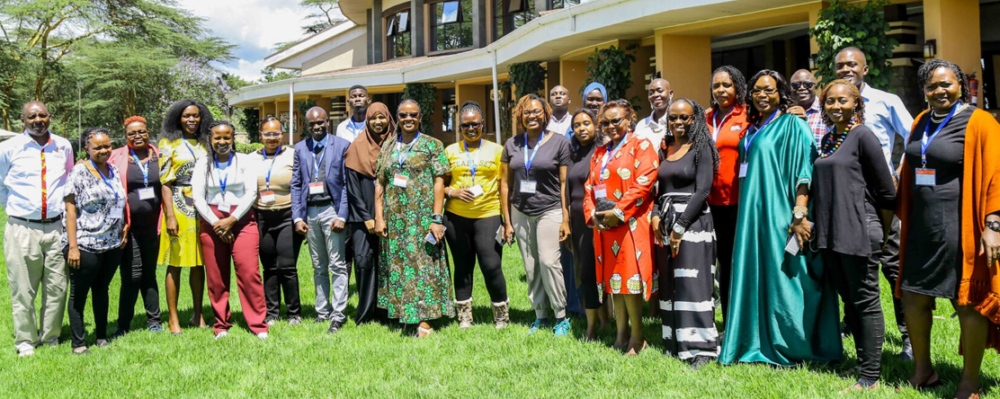
In the News
PHI Study Ties Controversial Drug for Premature Births to Elevated Cancer Risk
- STAT News and KQED
-
Focus Areas
Women, Youth & Children -
Expertise
Research – Quantitative -
Programs
Child Health and Development Studies

The key ingredient in a controversial medicine used to prevent premature births is associated with a higher risk of cancer in people that were exposed to the treatment in utero, according to a new study.
Physicians should exercise caution when using the medication, which is known as Makena, during pregnancy and more research should be conducted to find safer alternatives, according to Dr. Barbara Cohn, a study co-author and director of the Child Health and Development Studies at the Public Health Institute.
The study published in the American Journal of Obstetrics and Gynecology found that those exposed to the active ingredient 17-OHPC had nearly double the risk of any cancer compared to those not exposed, although the risk appeared to vary depending on the cancer. For instance, children exposed to 17-OHPC had more than 34 times greater risk of brain cancer, and as adults had more than five times greater risk of colorectal and prostate cancers.
In addition, the risk of any cancer was greater for people whose mothers were injected with 17-OHPC during the first trimester of pregnancy, as well as those exposed to three or more injections. And exposure starting in the second or third trimester was associated with an increased cancer risk for sons, but not daughters.
The study analyzed data collected on more than 18,000 mother-child pairs who received care during pregnancy in the Kaiser Foundation Health Plan in Oakland between 1959 and 1966. Using maternal records, researchers identified 234 individuals exposed to 17-OHPC in utero and then determined cancer incidence later in life by linking with the California Cancer Registry through 2019.

The patient really does have to be informed or understand what safety signals have been recorded. This is information that a woman should have. We have some disturbing trends in cancers in younger people now in this country, both pediatric and early onset cancers in systems that are more likely to appear in older people.Dr. Barbara Cohn, PHI
Listen to coverage of the study from KQED news.
Click below to read the full story in STAT News (subscription required).
See more media coverage of the study:
Healio, “Preterm birth drug given to millions of women may increase cancer risk in offspring.”
Newswise, “Drug used to prevent miscarriage increases risk of cancer in offspring.“
Originally published by STAT News
More Updates
Work With Us
You change the world. We do the rest. Explore fiscal sponsorship at PHI.
Support Us
Together, we can accelerate our response to public health’s most critical issues.
Find Employment
Begin your career at the Public Health Institute.



